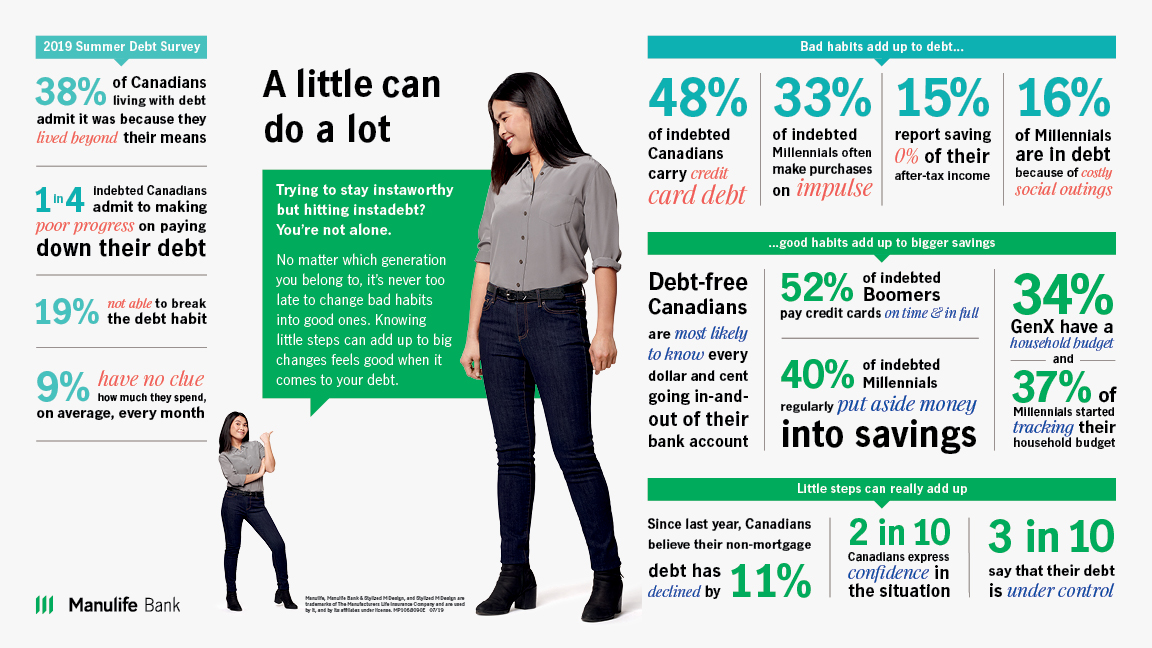By Ted McCarthy
Special to the Financial Independence Hub
People are spending more on their pets than ever. No matter the pet type (hamster, dog, snake, etc.), people are willing to pay a pretty penny on their pets. The APPA reported that US$72 billion was spent on pets in 2018.
People are spending so much on their pets, LendEDU wondered if people were willing to go into debt for their pets, or spend more on their pets’ wellbeing than their own?
Pet insurance is becoming more popular with pet owners, with 2.1 million pets insured in 2017.
LendEDU surveyed 1,000 adult American pet owners to see how much they spend on their pets, with or without pet insurance.
Spending breakdown on pets
The survey showed the breakdown of pets:
- 24% of expenses go to healthcare/vet costs
- 55% of expenses go to food
- 13% of expenses go to toys & accessories
- 8% of expenses go other
These statistics are about in line with the APPA’s statistics, as over US$30 billion out of the US$72 billion spent on pets in 2018 was food alone.
The pet business is massive in America and will continually grow according to the APPA. As consumers treat their pets better and more as part of the family than before, spending per pet will increase, and people are willing to spend that money.
Pet types
Out of the six pet types surveyed, dog owners spent the most acquiring their pet at an average of US$327.13, and fish owners spent the least at an average of $53.58.
Monthly expenses stack up to about the same. Dog owners spend an average of US$157.39 per month, bird owners, an average of $127.38, and cat owners an average if $95.11. Continue Reading…







